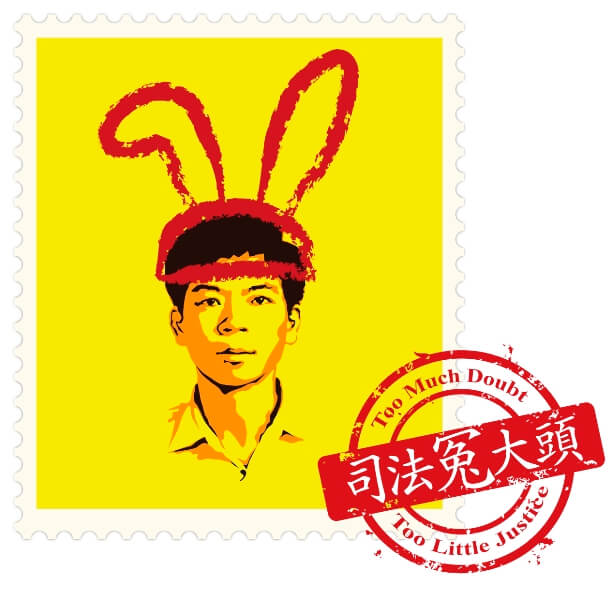Control Yuan report offers hope in Cheng Hsing-tse case

Control Yuan report offers hope in Cheng Hsing—tse case
On March 12, the Control Yuan — a watchdog unit of the Taiwanese government — adopted a report prepared by Control Yuan member Li Fu—tien that raises concerns about the conviction of death row inmate Cheng Hsing—tse.
The Control Yuan raised six causes for doubt and concluded that Cheng should not have been sentenced to death. The team of pro bono lawyers representing Cheng would like to thank the Control Yuan for recognizing this miscarriage of justice, and plan to seek judicial relief for Cheng.
A case full of doubt
The Cheng case has been a major focus for activists in recent years. Cheng was sentenced to death in 2006, but the case against him was full of problems. The Taiwan Alliance to End the Death Penalty and the Taiwan Association for Innocence teamed up in 2011 to put together a group of pro bono lawyers on Cheng’s behalf. Luo Bing—cheng, a lawyer who worked on acquitting the Hsichih Trio (three men who were wrongfully convicted), led the team. They applied twice to reopen the case, citing evidence that the courts hadn’t examined. They argued that Cheng’s confession had been extracted through torture. The courts refused to reopen the case. Cheng’s team of lawyers is also in the process of seeking a ruling on this case from the Constitutional Court.
In 2013, author Chang Chuan—fen published the book “The murder at Shisan Yi KTV Bar,” documenting the efforts to overturn Cheng’s case. Additionally, the Control Yuan has now concluded that the case against Cheng is doubtful and there’s a high chance he wasn’t the murderer.
Control Yuan report cites new evidence
Cheng’s conviction relied largely on his confession to investigators. However, in his report, Li notes that at the time of his confession, Cheng’s blood pressure was extremely low (42 mmHg). Regardless of whether this is because he had been shot, had been tortured or was fatigued, a confession at that point is questionable. Additionally, the court ruled that Luo Wu—hsiung (who may have been the actual perpetrator) could not have fired the shots that killed a police officer because he himself had already been shot and could not have fired his gun after that. However, an autopsy found Lidocaine and alcohol in his body, and it’s possible that the combination increased his ability to respond after being shot. Li argues that this possibility should be enough to cast doubt on the conviction and retry the case.
Judges failed to recuse themselves
Cheng’s lawyers have learned that when they applied for retrial, the same judge who presided in his conviction decided the matter. The judge failed to recuse himself and, not surprisingly, declined to reopen the case and thereby admit his previous judgment had been wrong.
Moreover, in his High Court proceedings, Cheng was tried by the same panel of judges twice. By law, the judges should have recused themselves. This constitutes an unfair trial process.
200 lawyers petitioned for Cheng case
The Cheng case also highlights longstanding flaws with Taiwan’s judiciary. In 2013, more than 200 lawyers petitioned for Cheng case in hopes of securing a retrial. They did so precisely because Cheng’s conviction represents systematic flaws in Taiwan’s judicial system and is not an isolated case.
Truly, there is no judicial system in the world that is flawless. Cheng’s lawyers are grateful for the Control Yuan’s attention to miscarriages of justice and the Cheng case. Hopefully this report will offer a chance for his acquittal and to avoid the loss of an innocent life. His lawyers will now explore the options for retrial and will continue to seek Cheng’s freedom.






